Premarital vaccination helps protect family health, transmit antibodies to the fetus, and reduce treatment costs when couples get sick.
After more than 2 years of dating, Mr. Tuan Hung (25 years old, living in Binh Duong) plans to get married in early 2024. He persuaded his girlfriend to go to the hospital for a premarital health check. As a result, he was diagnosed with hepatitis B but did not need to take medicine or be monitored.
"My mother also has hepatitis B and is being treated, so before getting married, many people advised me to check if I had the disease in my body. Now that the results are out, my girlfriend and I are getting vaccinated to prevent the disease," said Mr. Hung.
Ms. Ngoc Ha (27 years old, living in Ho Chi Minh City) said that her brother was infertile and had to undergo IVF many times to have a child. Therefore, she takes her health very seriously and went with her fiancé to get vaccinated to prevent disease and prepare before becoming a mother.
"In addition to measles, mumps, and rubella, we also choose to vaccinate against respiratory diseases such as flu, measles, and chickenpox, also to avoid infecting adults in the family," said Ms. Ha.
Ms. Thu Trinh (30 years old, in Da Nang) said she understood the importance of vaccines better when her daughter was born. During her pregnancy, her husband contracted chickenpox and had to be isolated to avoid infecting the baby. However, the whole family was still very worried.
"Luckily, the baby was born healthy, so even though my husband and I were busy, we still arranged to get vaccinated to prevent diseases for ourselves, our children, and our relatives," said Trinh.

Premarital vaccination is a way to prepare the health of the couple and their children. Photo: Freepik
Dr. Bach Thi Chinh, Medical Director of the VNVC Vaccination System, said that recently, the rate of couples coming to get premarital vaccination has gradually increased over time. Compared to the general population, the vaccination rate is still modest because many people do not fully understand the role and benefits of vaccines. Dr. Chinh listed 5 benefits of premarital vaccination below.
Self-prevention
In the family, if members are not fully vaccinated, there is a risk of contracting and transmitting the disease to their spouse and fetus. For example, hepatitis B is transmitted through sexual intercourse. If a pregnant wife suddenly contracts hepatitis B, she may be infected by her husband. Or the HPV virus is also transmitted through sexual intercourse, causing genital warts and dangerous cancers such as cervical, pharyngeal, anal, penile, etc. The average rate of HPV transmission between men and women through sexual intercourse is 40%.
"At least 80% of women will be infected with HPV at least once in their lives, while the HPV clearance rate in men is lower than in women. You can get HPV even if you only have sex with one person. Therefore, HPV vaccination and other vaccines are very important for couples," Dr. Chinh recommended.
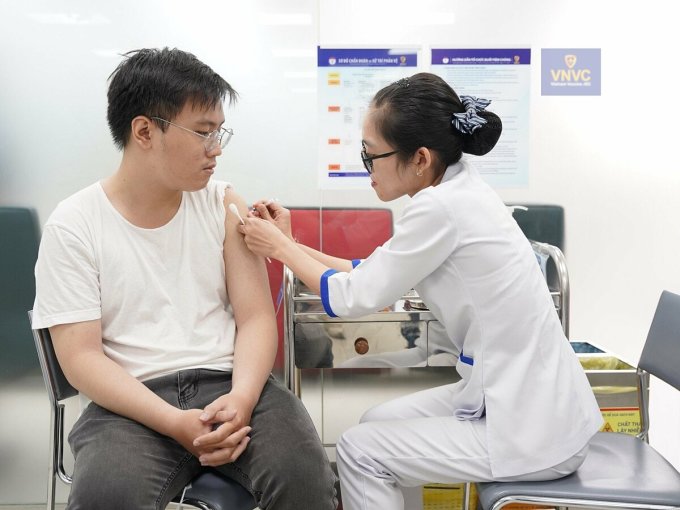
Men need to be vaccinated to protect themselves and prevent the spread of disease to their partners and children. Photo: Moc Thao
Protect pregnant women's health
In men, vaccines help prevent diseases caused by viruses and bacteria and prevent the risk of infection to the wife and children in the future. In women, premarital vaccination will create a health protection barrier for mother and baby during pregnancy, avoiding diseases and then dangerous complications, hospitalization, prolonged treatment or miscarriage, stillbirth, premature birth...
For example, if a pregnant woman contracts mumps at 16 weeks of pregnancy, 10-20% of the fetuses will have birth defects, or if the mother contracts the disease in the second trimester, there is a risk of premature birth, stillbirth, and 2% of the fetuses will have congenital varicella syndrome. Pregnant women who contract hepatitis B in the last 3 months of pregnancy may have an increased risk of premature birth. If a newborn is infected with the virus from the mother, 90% will develop chronic disease, about 25% of which are at risk of liver cancer and cirrhosis.
Transmit antibodies to protect the baby
The World Health Organization (WHO), the United Nations Population Fund (UNFPA) and the World Bank (WB) estimate that 5.4 million children under the age of 5 die each year. Most of these deaths can be prevented in children in the womb, for example hepatitis B, pneumonia, tetanus... Women who are fully vaccinated before pregnancy will help create resistance for the baby right from the womb.
According to Dr. Chinh, vaccines can create antibodies in the mother and begin to pass through the placenta from the 13th week of pregnancy. At weeks 17-22, the amount of antibodies passed through the placenta is about 5-10%, from weeks 28-30 the amount of antibodies is at 50%, reaching its highest in the last 3 months of pregnancy. If the baby is born at full term, the amount of antibodies in the baby is 20-30% higher than the mother. Therefore, the more fully the mother is vaccinated, the higher the amount of antibodies and the higher the transfer of antibodies to the baby.
Reduce medical costs
Vaccination is also a wise financial investment. According to research by the World Health Organization (WHO), the cost of medical examination and treatment is 16 times more expensive than the cost of vaccination. For adults, vaccines help prevent and protect health. Vaccines also reduce the number of sick days and hospitalizations, health care costs, contribute to improving women's health, as well as reducing disability and loss of ability to work due to illness.
"The vaccines that people need to get before marriage include HPV, chickenpox, measles - mumps - rubella, flu, hepatitis, meningococcal, diphtheria - whooping cough - tetanus, pneumococcal... Each vaccine has a different injection time. People should proactively complete the vaccination regimen 1 to 3 months before marriage to have the best disease prevention immunity," said Dr. Chinh.
Herbs
At 8:00 p.m. on Friday, October 27, VNVC Vaccination System in collaboration with VnExpress newspaper will organize an online consultation: "Wedding season - Pre-marital vaccination & vaccination for pregnant women".
The consultation session was attended by leading medical experts: Dr. Bach Thi Chinh, Medical Director of VNVC Vaccination System; Dr. Bui Thanh Phong, Regional Medical Manager, VNVC Vaccination System; MSc. Dr. Ngo Thi Binh Lua, Doctor of Obstetrics and Gynecology Center, Tam Anh General Hospital, Ho Chi Minh City.
The program will be broadcast live on VnExpress fanpage, VNVC and other news channels. Interested readers can ask questions here.
Source link








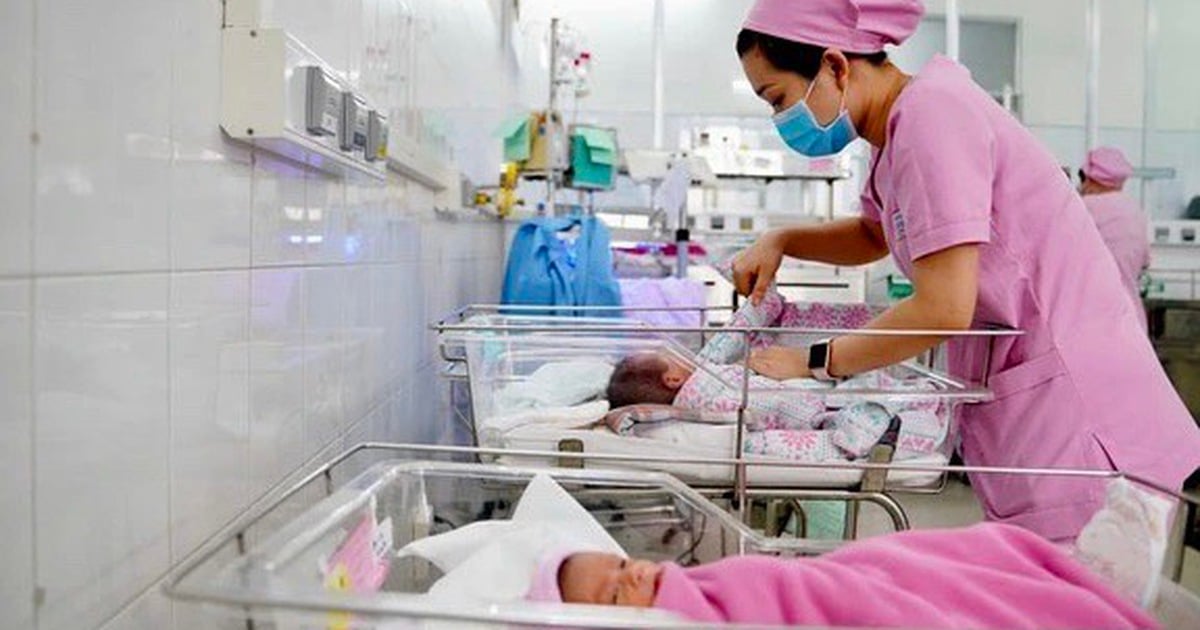

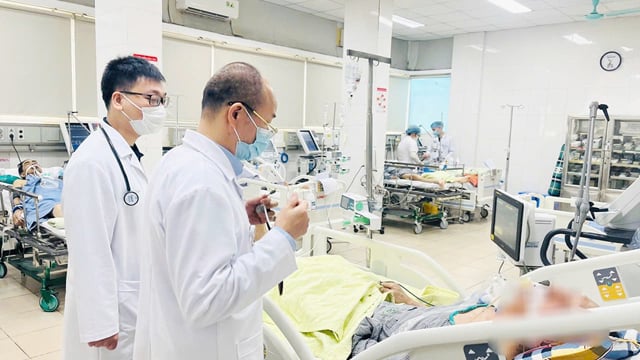

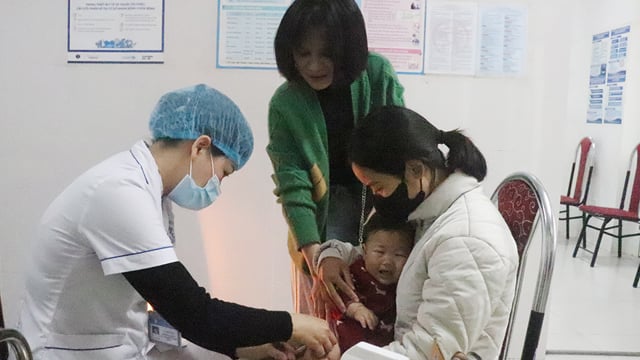
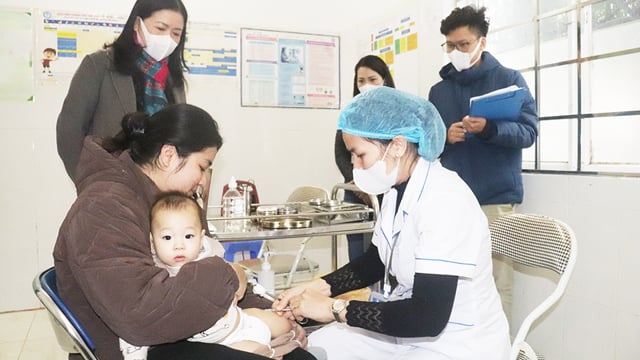


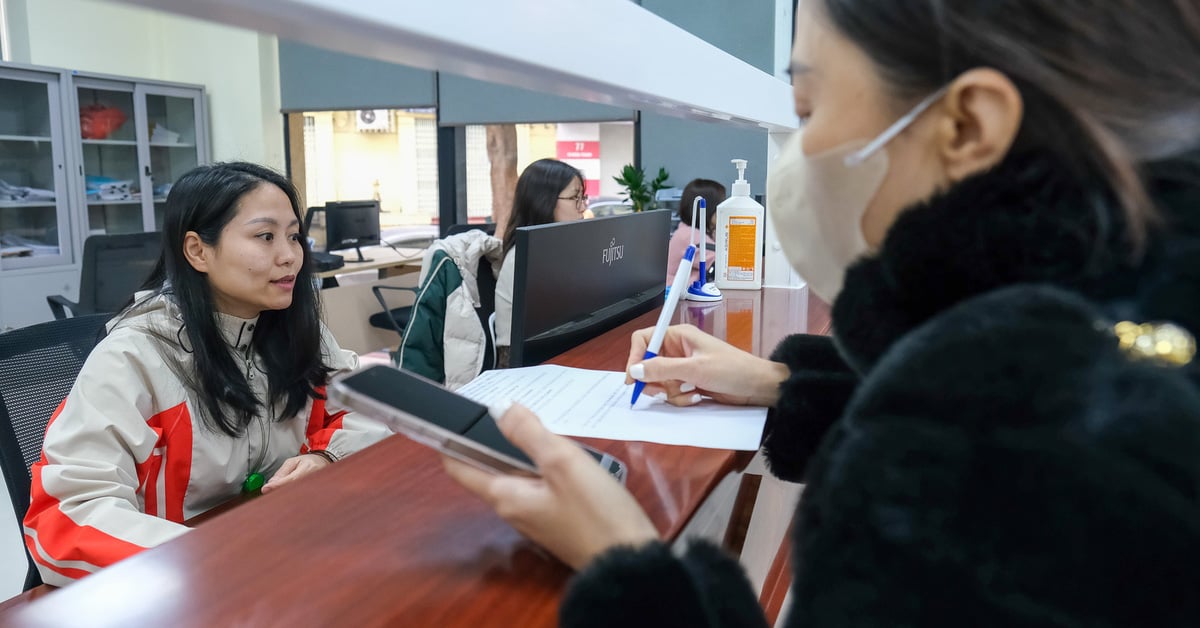
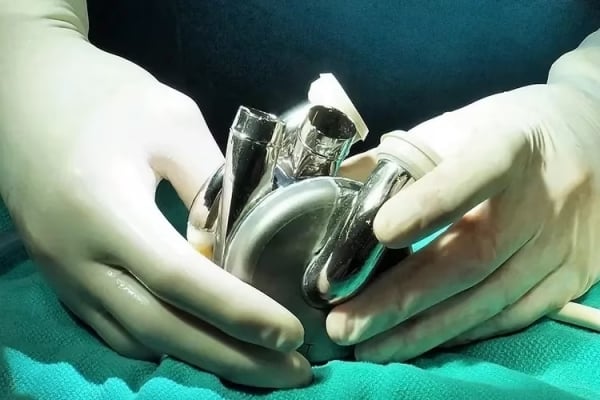



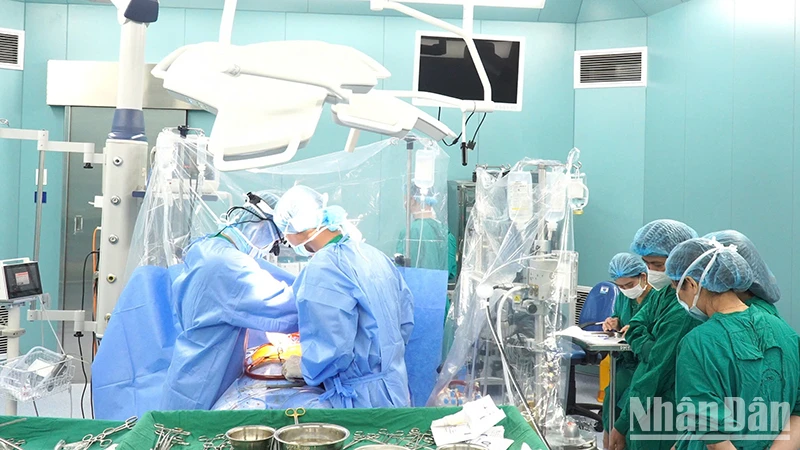

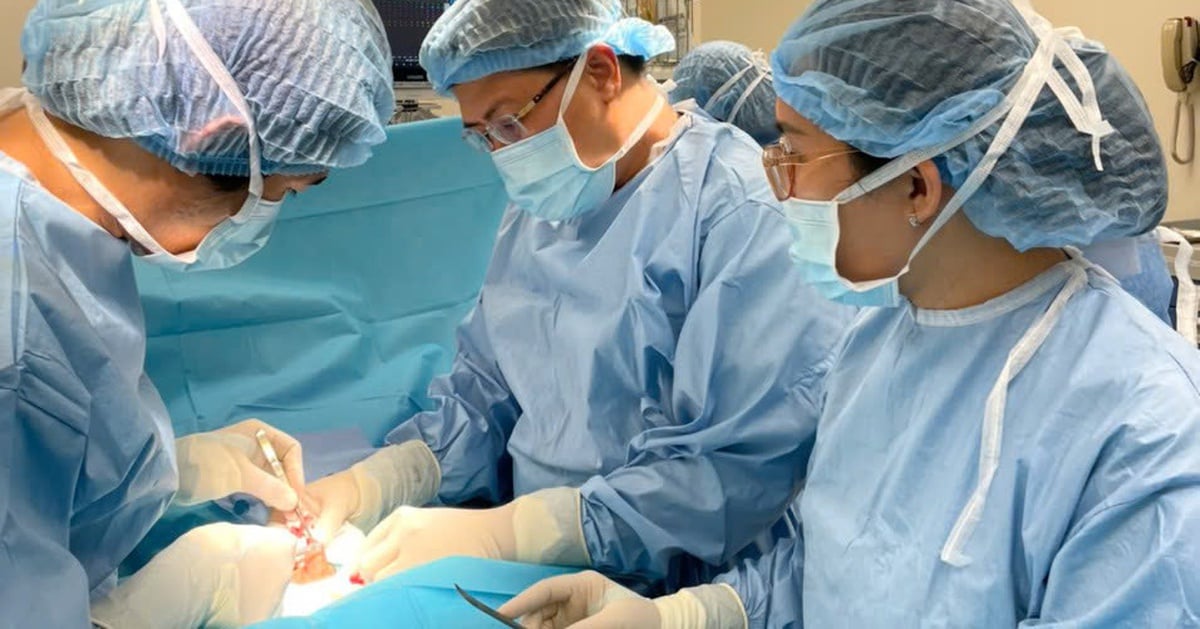
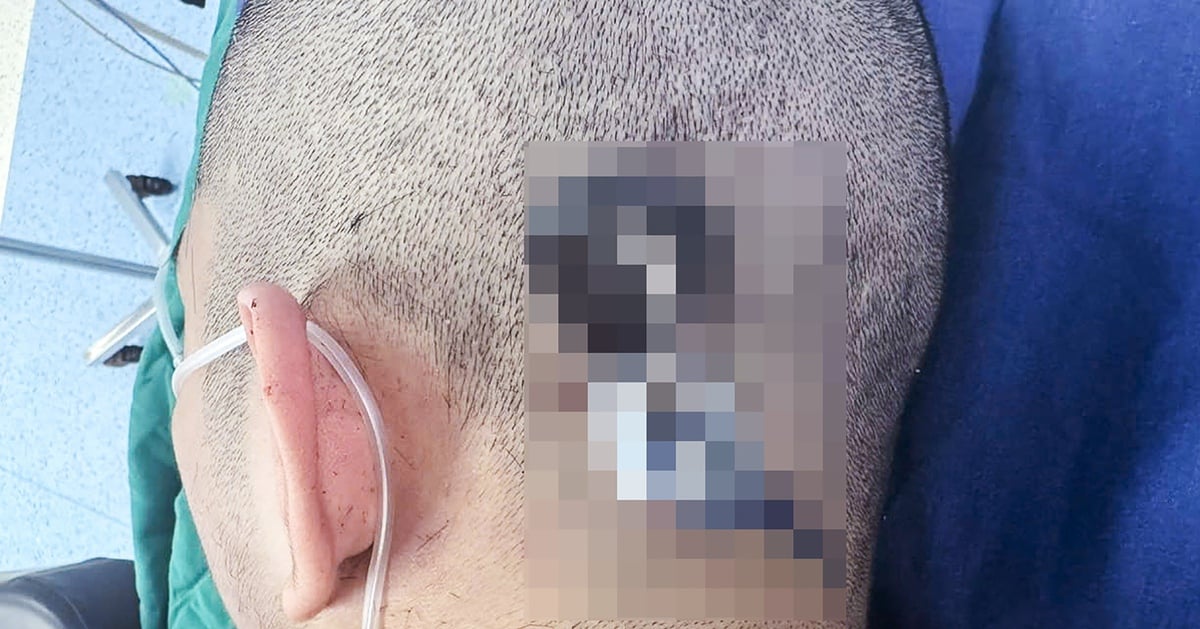
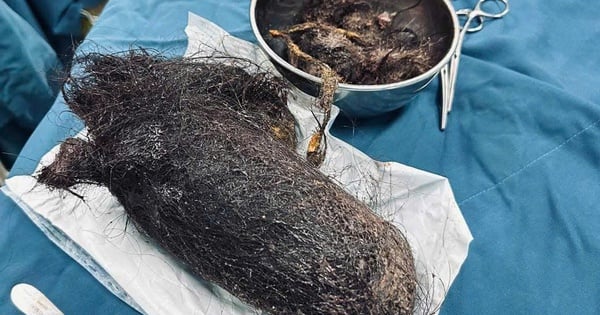






































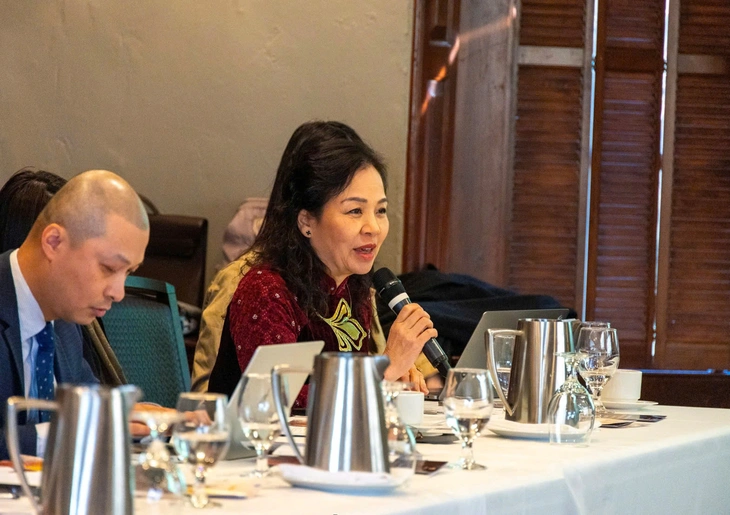






















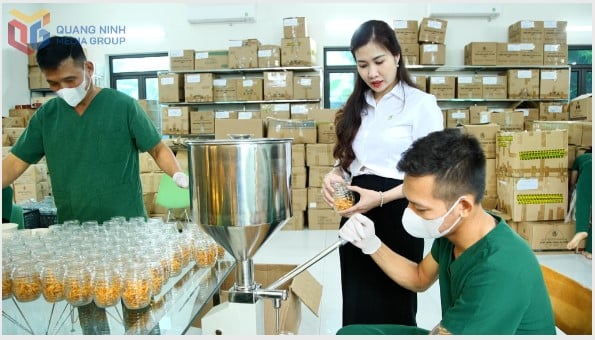


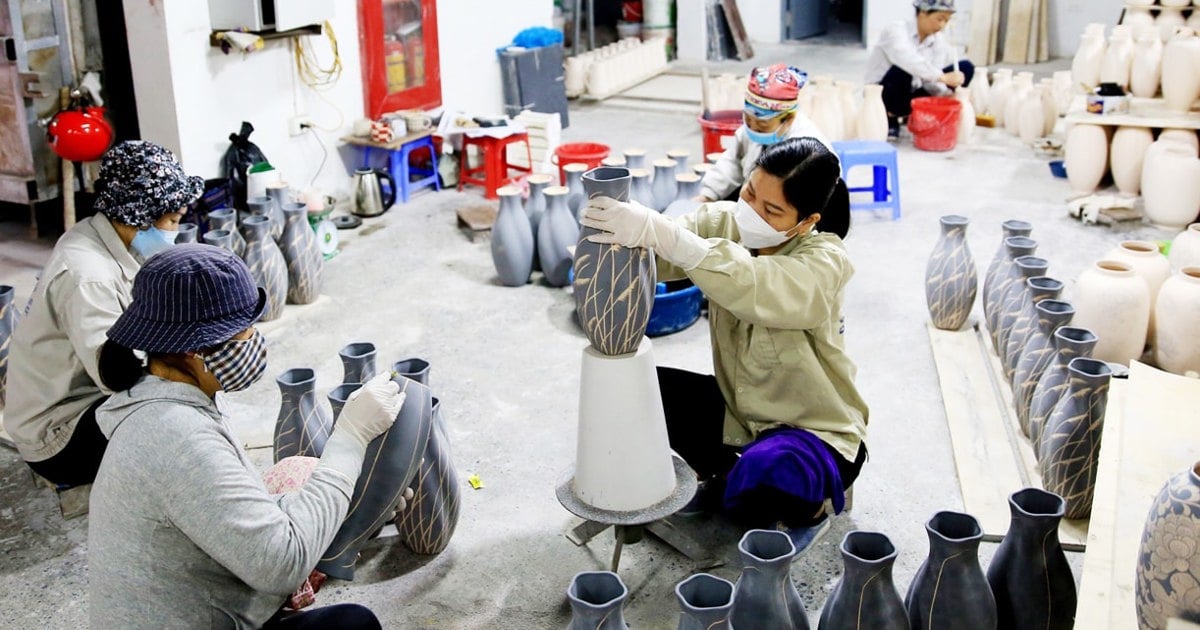
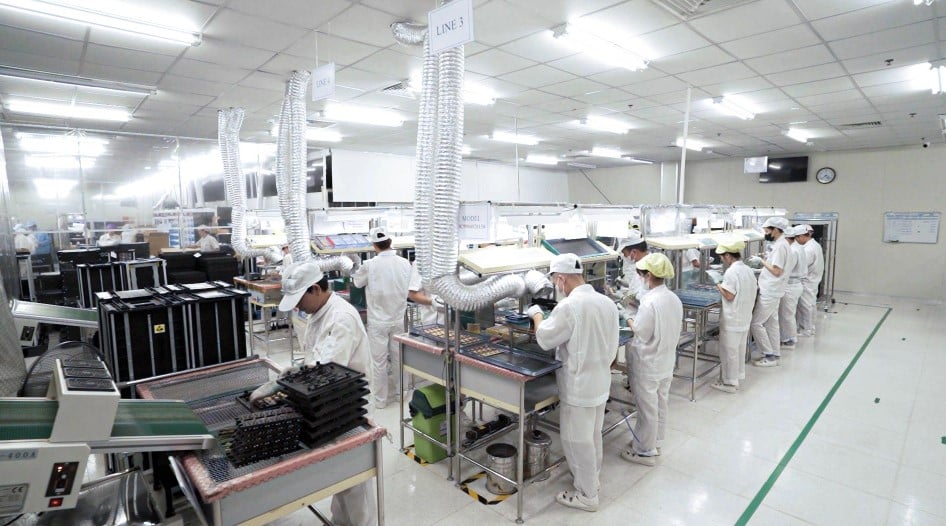
Comment (0)